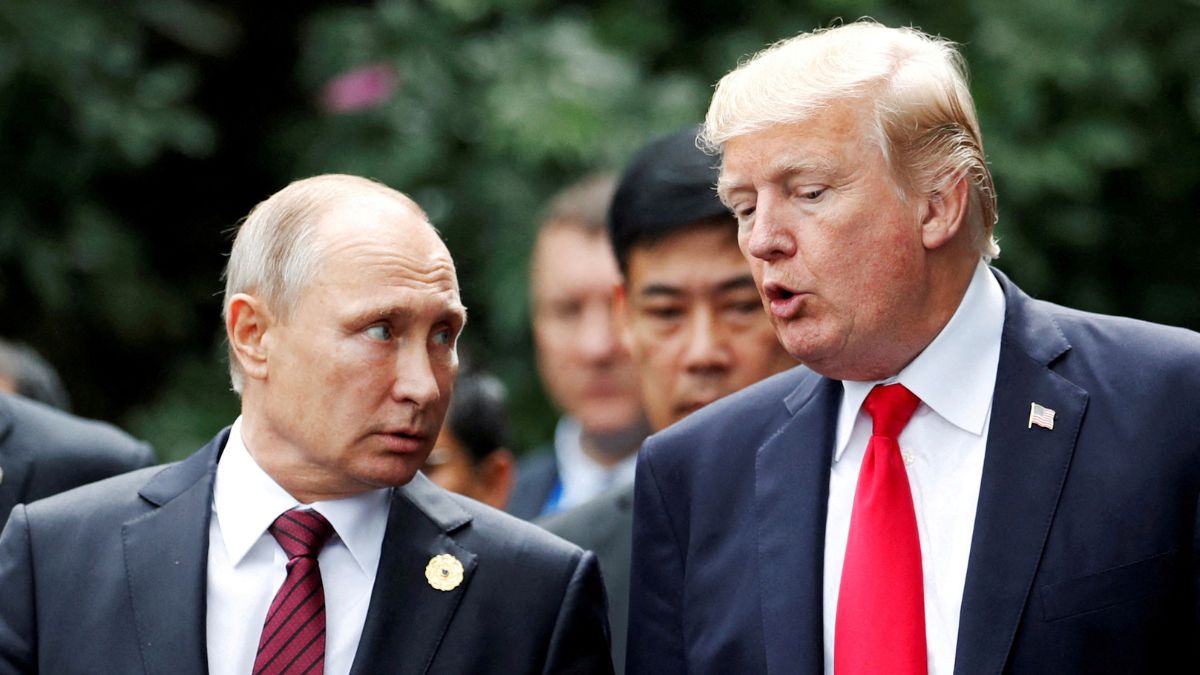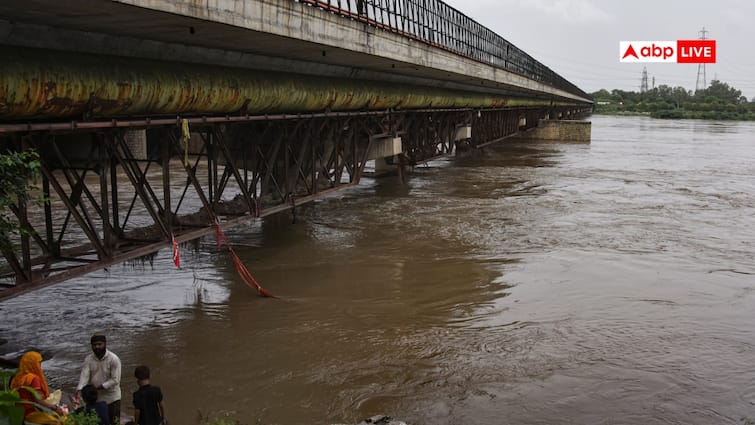Russian President Vladimir Putin has agreed in principle to allow the United States and its European partners to extend Ukraine a form of collective security guarantee modelled on NATO’s Article 5, according to U.S. special envoy Steve Witkoff.
Speaking on CNN’s State of the Union on Sunday, Witkoff described the concession as “game-changing,” noting that this was the first time Moscow had accepted the possibility of such protections. “We were able to win the following concession: that the United States could offer Article 5-like protection, which is one of the real reasons Ukraine wants to be in NATO,” he said.
**Read Also: A non-NATO pact for Ukraine? US floats Western alliance-style security guarantees for Kyiv**
Article 5 of NATO stipulates that an attack on one member is considered an attack on all. While details remain scarce, the offer could provide a pathway around Putin’s longstanding opposition to Ukraine joining the Western military alliance.
Witkoff, who attended Friday’s talks in Alaska alongside Secretary of State Marco Rubio, also said Russia agreed to legislate against infringing the sovereignty of other European nations. “There was plenty more,” he added, without giving specifics.
Outlining some of the details about the private discussions, Witkoff also said Russia had agreed to enact a law that it would not ”go after any other European countries and violate their sovereignty. And there was plenty more.”
European Commission President Ursula von der Leyen, speaking at a news conference in Brussels with Ukrainian President Volodymyr Zelenskyy, applauded the move. ”We welcome President Trump’s willingness to contribute to Article 5-like security guarantees for Ukraine and the ‘Coalition of the willing’ — including the European Union — is ready to do its share,” she said.
Zelenskyy thanked the United States for recent signals that Washington was willing to support such guarantees, but that much was unclear.
“It is important that America agrees to work with Europe to provide security guarantees for Ukraine,” he said, “But there are no details how it will work, and what America’s role will be, Europe’s role will be and what the EU can do, and this is our main task, we need security to work in practice like Article 5 of NATO, and we consider EU accession to be part of the security guarantees,” he said.
Witkoff defended Trump’s decision to abandon his push that Russian agree to an immediate ceasefire, which Trump had set as a benchmark going into the meeting. Witkoff said the Republican president had pivoted toward a peace deal because so much progress was made.
“We covered almost all the other issues necessary for a peace deal,” Witkoff said, without elaborating. “We began to see some moderation in the way they’re thinking about getting to a final peace deal.”
Rubio, who appeared on three Sunday news shows, said there was not going to be any kind of truce reached because Ukraine was not at the summit.
“Now, ultimately, if there isn’t a peace agreement, if there isn’t an end of this war, the president’s been clear, there are going to be consequences,” Rubio said on ABC’s “This Week.” “But we’re trying to avoid that.”
Rubio, who is also Trump’s national security adviser, said he did not believe imposing new U.S. sanctions on Russia would force Putin to accept a ceasefire.
“The minute you issue new sanctions, your ability to get them to the table, our ability to get them to table will be severely diminished,” Rubio told NBC’s “Meet the Press.”
He also said “we’re not at the precipice of a peace agreement” and that getting there would not be easy and would take a lot of work.
“We made progress in the sense that we identified potential areas of agreement, but there remains some big areas of disagreement. So we’re still a long ways off,” Rubio said.
Zelenskyy and Europeans leaders, who heard from Trump after the summit, are scheduled to meet with him at the White House on Monday.
“I think everybody agreed that we had made progress. Maybe not enough for a peace deal, but we are on the path for the first time,” Witkoff said.
He added: “The fundamental issue, which is some sort of land swap, which is obviously ultimately in the control of the Ukrainians — that could not have been discussed at this meeting” with Putin. “We intend to discuss it on Monday. Hopefully we have some clarity on it and hopefully that ends up in a peace deal very, very soon.”
With inputs from agencies
End of Article

)

